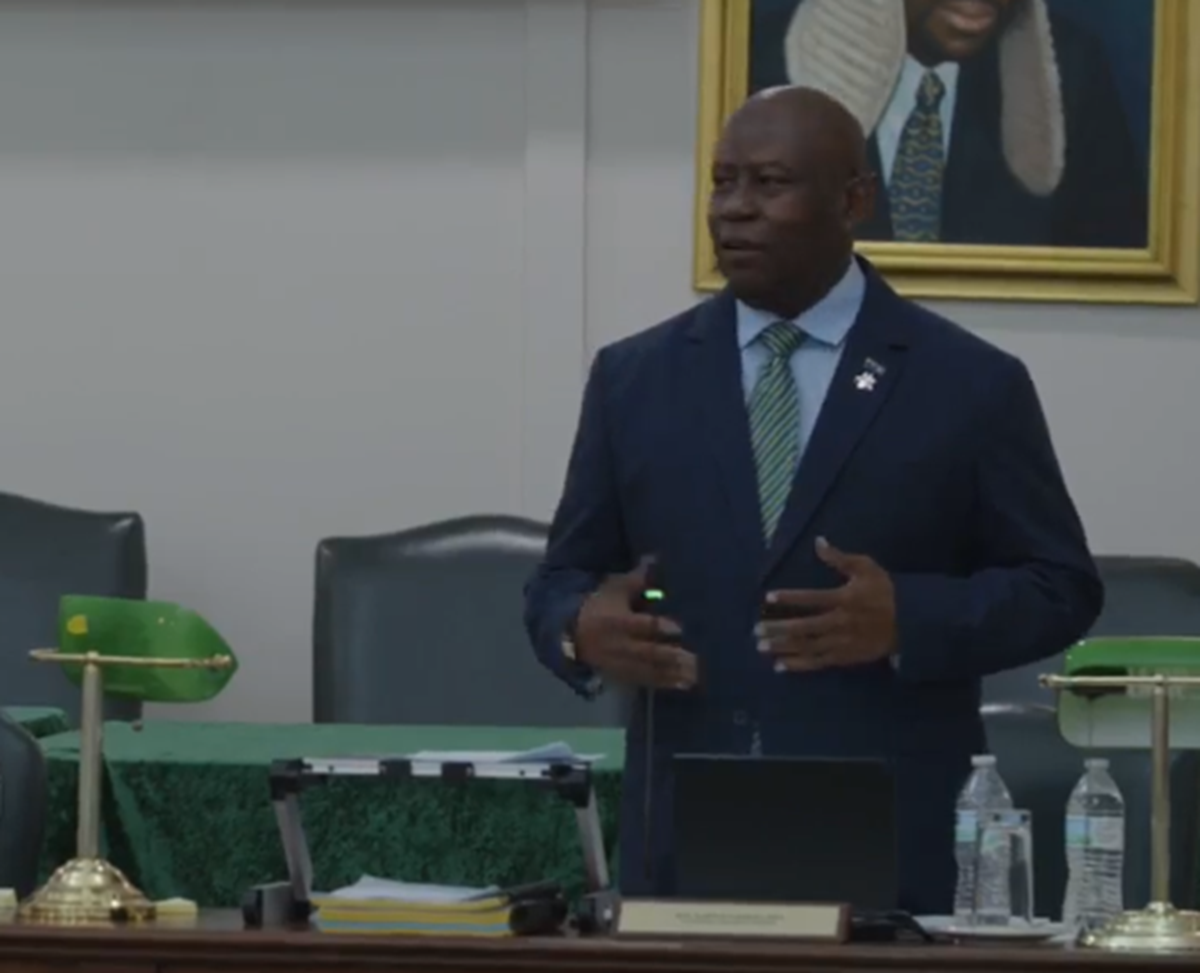Dana Malcolm
Staff Writer
#TurksandCaicos, April 19, 2024 – In an explosive, self-proclaimed, final budget speech to the people of the Turks and Caicos, Harold Charles, Governors Appointed Member is expressing frustration that many Turks and Caicos Islanders are locked out of top jobs in the country and unable to build wealth.
”I’ve been in this country for 50 years and I’ve noticed all those big developments that come in— the majority of [managers]are foreign people. After 50 years, when are we going to have Belongers manage those businesses?” Charles asked. “I’m upset, I’m frustrated [this is] their home. They have nowhere else to go—- If we don’t empower our Turks and Caicos Islanders we will never get out of living paycheck to paycheck.”
Charles echoed what thousands of locals have been saying for years about the failure of successive governments to get the economic success in the country on a level that residents can participate in it. The member maintained that not only were many locals working for scraps overseas and at home, but that it was the prerogative of the government to create avenues for them to move upward.
”I know the government’s heart is in the right place but somehow we’re not getting it together. I’m talking (about) both PDM and PNPs. It must change. There are many islanders overseas taking crummy jobs when all this opportunity is in the Turks and Caicos Islands.”
Calling on the government to enforce laws which allow islanders to get a foothold in lucrative industries, Charles maintained that TCIG could not let investors come and do as they liked.
”We have all these big companies making millions. They brag about how much they’re making, yet how much do they contribute to the development of our people?”
Charles encouraged the government to mandate that locals were hired in the large developments, taking place across the country.
Capital projects and their execution was another issue that the member highlighted
”Over the past three years in office, we seem to be dragging our feet when it comes to the execution of projects,” he said, “the last budget reflected bitter-sweet sentiment.”
The government managed to spend $29 million of a $57 million capital project budget in 2023/24 financial year.
“Mr. Speaker prior, we promised the people infrastructural investment, improved roads, ease with doing business with TCIG, more scholarships, increased home care, a $900,000 special needs school.”
The Appointed member was also frustrated with the amount of money being allocated to crucial areas including the absence of allocations for a special needs school.
”We were promised that no Turks and Caicos Islander would be left behind while I appreciate the government’s commitment to ensuring this. I am concerned that the relatively low level of funding allocated to education and infrastructure may hinder the effectiveness of effort,” The member stressed.
Closing his speech, Charles maintained that it was “crucial that the sectors receive additional support in order to provide citizens with the necessary resources and opportunities for their development.“
Mr. Speaker it is imperative that we allocate our resources adequately and streamline processes to enhance the ease of doing business with the Turks and Caicos Government. We must priortise increasing service delivery capacity in critical departments such as the customer service department, the register of records, the department of motor vehicles and the list goes on,” express Charles.
Charles reminded that there is a growing demand on the services TCIG provides, especially as the country enjoys unprecedented, year on year, exponential economic growth.
Charles alongside Jameka Williams (Government Appointed Member) Willin Belliard (Governor’s Appointed Member number one) and Alvin Garland (Opposition Appointed Member) will very likely be the last set of appointed members in the House of Assembly of the Turks and Caicos as it transitions to a wholly elected parliament.
Harold Charles indicated it was unlikely he would join any leadership race describing the 2024-2025 Budget contribution as likely his final.
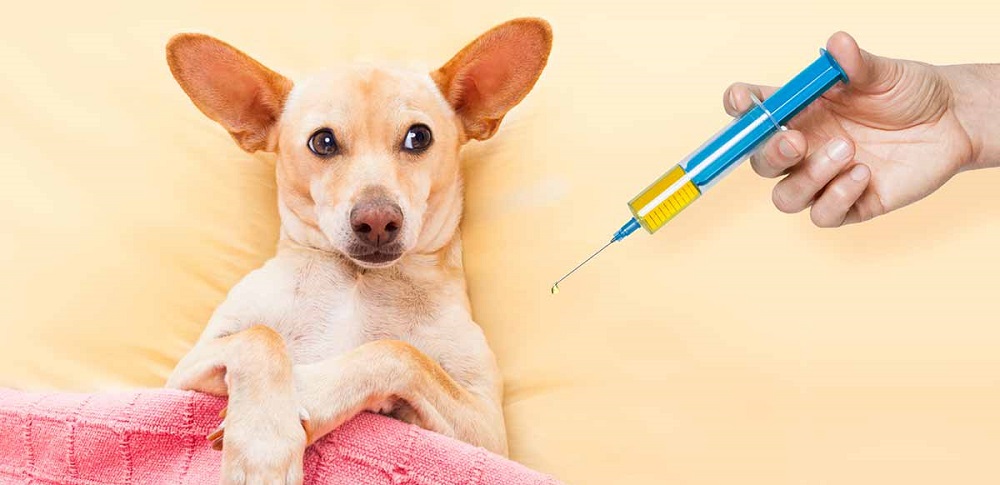
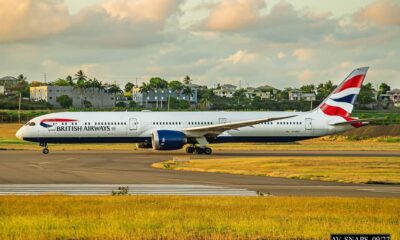
 Caribbean News1 week ago
Caribbean News1 week ago
 News1 day ago
News1 day ago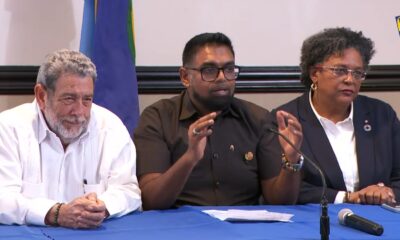
 Caribbean News1 week ago
Caribbean News1 week ago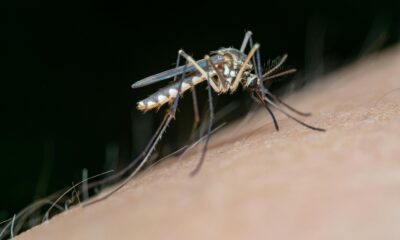
 Health1 week ago
Health1 week ago
 Health1 week ago
Health1 week ago
 Caribbean News3 days ago
Caribbean News3 days ago
 Caribbean News6 days ago
Caribbean News6 days ago
 Health1 week ago
Health1 week ago






